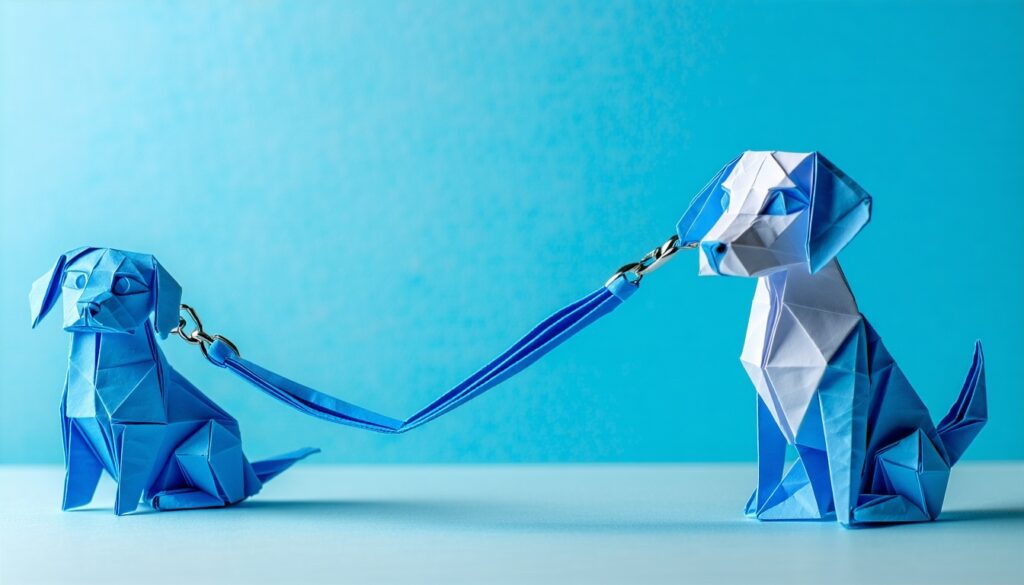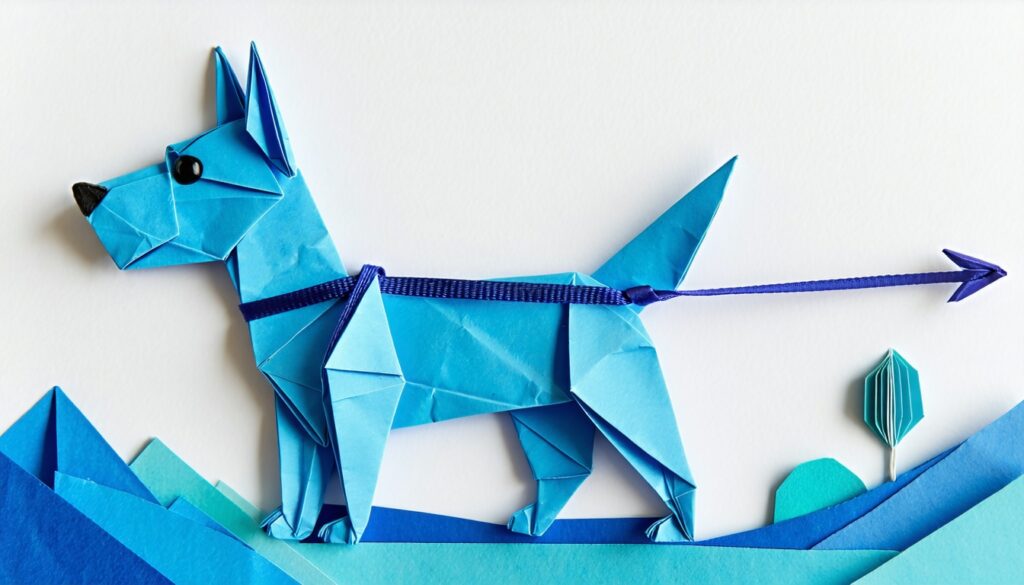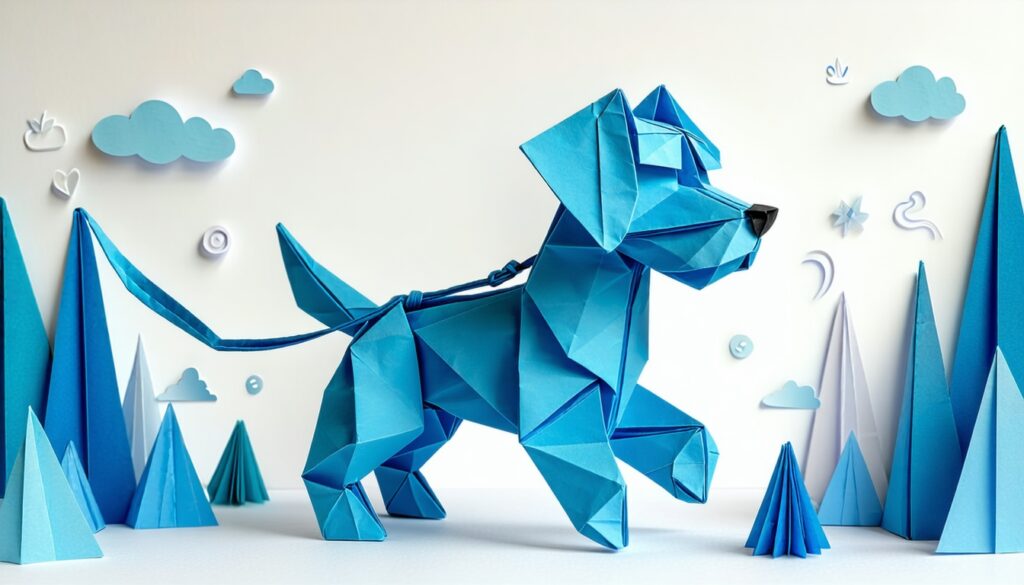If you just brought home a sweet new puppy, you’re likely excited for those future walks around the block. But leash training a new puppy can feel overwhelming, especially when your little furball has endless energy. The good news? It’s easier than it looks if you break it down into small steps and keep that playful spirit alive. Below, you’ll find practical tips to help you and your pup walk together like best friends.
Start with a gentle intro
Before any formal training, let your puppy get cozy with the leash. Place it on the floor so they can sniff, paw at, or even ignore it for a while. This early intro helps remove the “stranger danger” factor.
- Let your puppy chew on a toy near the leash, so it becomes part of normal play.
- Attach the leash for a few seconds indoors, then remove it calmly.
If you’re curious about more beginner-friendly advice, check out puppy leash training for beginners.
Get comfortable with the leash
Once your pup is cool with seeing the leash around, you can fasten it gently. Start in a calm environment, like your living room, where there are fewer distractions.
- Use a lightweight, puppy-friendly leash so they barely notice it.
- Offer treats or praise every time your puppy remains relaxed.
This step sets the foundation for smoother outings down the road.
Practice indoors first
Now that your puppy is wearing the leash without fuss, introduce a short walk around the house. Don’t worry about perfect manners just yet. The goal is to build positive associations between “leash time” and “fun time.”
- Walk in slow circles or back and forth down a hallway.
- Reward them for staying near your side, even if it’s just for a few seconds.
- Keep sessions brief. One or two minutes is enough for tiny learners.
For more suggestions on short and easy drills, take a peek at puppy leash training tips.
Move outside gradually
When your puppy seems at ease indoors, head out to the backyard or a quiet porch. The sights, scents, and sounds can be thrilling for a curious pup, so keep your first outdoor session short and sweet.
- Let them explore a bit on a loose leash.
- Use a cheerful tone to keep them engaged.
- End on a good note. If they walk well for ten seconds, celebrate with love and a treat.
You can also make it playful by trying leash training games for puppies, which transform everyday practice into fun bonding time.
Reward every good step
Puppies learn best when you praise the behaviors you want to see more of. Whether it’s a tiny bit of forward walking or a quick glance your way, your encouragement shows your puppy they’re on the right path.
- Carry small, tasty treats to give immediate rewards.
- Speak in an upbeat tone, and use a happy “Yes!” or “Good job!”
If you’re juggling a busy schedule, consider creating a leash training schedule for puppies to keep practice times consistent.
Tackle common hurdles
Pulling, chewing, and nervousness are normal bumps on the training road. Here are some quick fixes:
- Pulling on the leash
- Stop walking the moment your puppy pulls.
- Wait until the leash loosens, then resume walking.
- Chewing the leash
- Distract them with a chew toy or redirect them with a treat.
- Consider a sturdier leash if they can’t resist nibbling.
- Nervousness
- Move to a quieter spot with fewer distractions.
- Offer encouragement and end each session on a positive note.
For more specific guidance, see leash training small puppies or leash training large breed puppies, depending on your pup’s size.
Enjoy the journey
As you’ve probably noticed, leash training isn’t just about teaching your puppy to walk next to you, it’s also a chance to build trust. Take each step at a comfortable pace, celebrate small wins, and stay patient when progress feels slow. Above all, remember that every walk is a fresh opportunity to connect with your puppy on a deeper level.
If you need further advice, check out leash training for puppies or explore additional tips related to leash training progressions for puppies. Before you know it, you’ll be strolling down the sidewalk with a confident, tail-wagging companion by your side.



